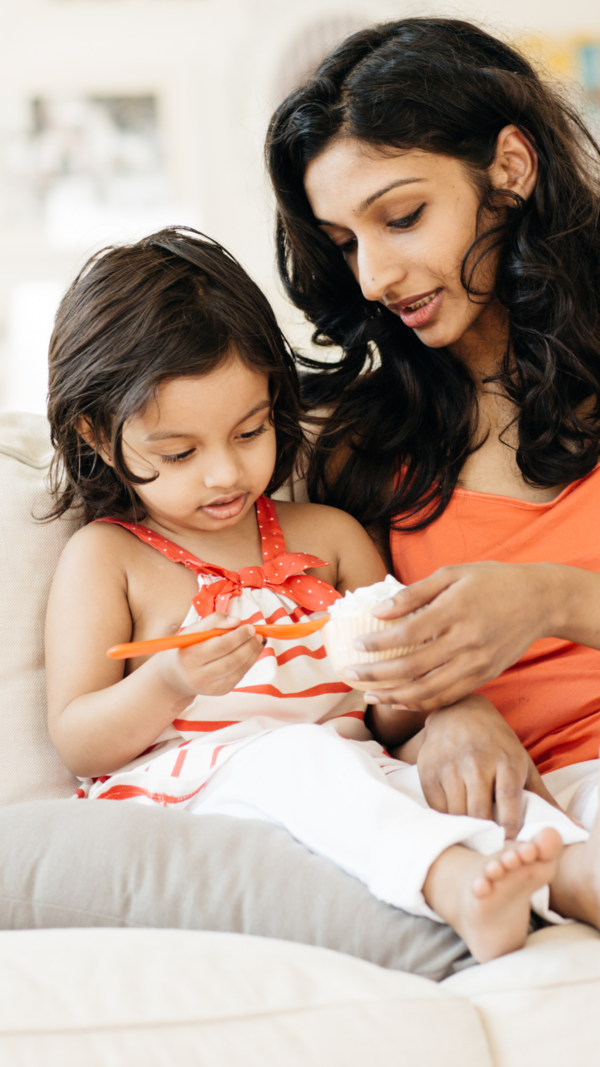Trending
The power of presence: How active fathering enhances children’s physical and mental wellbeing
The article discusses the evolving role of fathers in parenting, emphasizing the importance of 'Active Fathering' in child development. It highlights how active fathers, or 'penguin dads', contribute to emotional security, academic success, and overall well-being of children, while positively impacting family dynamics and relationships.
Traditionally in most communities, fathers acted as the head of the family. They were also in charge of making essential decisions, and expected to be the sole provider, while the household responsibilities including child rearing were left to the mother. This clear division meant that fathers had a very limited role in parenting, and were often perceived by children as aloof, reserved, and strict disciplinarians who seldom conversed or were difficult to approach.Children who were subjected to this parenting style had a high risk of developing Anxiety, Depression, and trust issues as an adult.
Fortunately, with changing social and cultural scenario, parenting is no longer just the mother’s domain, and fatherhood is not seen as a 'passive' responsibility. As family and marriage dynamics are constantly changing for the better, couples have started to equally share goals, responsibilities and daily chores. The advent of the 'Active Father' has started to replace the strict passive fathers many of us grew up with. Active fathers are often referred to as ‘penguin dads’, as they like the male Emperor Penguin (who take an active role in looking after their offsprings even before they hatch) do their part in child rearing.
In today’s lexicon an ‘Active Father’ is someone who consciously tries to be hands-on in child rearing, by getting involved in their child's daily activities and hobbies, providing emotional support and positive reinforcement for good behavior. This provides the child with an emotionally ‘secure base', and helps them develop a healthy sense of self-esteem, confidence, and resilience. It makes them less likely to ‘act out’ as teens and adults and lowers their risk of exhibiting Oppositional Defiant Disorder (ODD) and Conduct Disorders.
Lastly, let's not forget the crucial positive impact that 'Active Fathering' has on the spouse, enabling greater bonding, sharing of responsibilities and improving chances of achieving their shared goals as a couple & as a family. It also helps the mother take time out for herself and her individual goals, leading to a more balanced and happier family life.
(Article courtesy: Dr Kedar Tilwe, Consultant Psychiatrist, Fortis Hiranandani Hospital, Vashi)
Fortunately, with changing social and cultural scenario, parenting is no longer just the mother’s domain, and fatherhood is not seen as a 'passive' responsibility. As family and marriage dynamics are constantly changing for the better, couples have started to equally share goals, responsibilities and daily chores. The advent of the 'Active Father' has started to replace the strict passive fathers many of us grew up with. Active fathers are often referred to as ‘penguin dads’, as they like the male Emperor Penguin (who take an active role in looking after their offsprings even before they hatch) do their part in child rearing.
In today’s lexicon an ‘Active Father’ is someone who consciously tries to be hands-on in child rearing, by getting involved in their child's daily activities and hobbies, providing emotional support and positive reinforcement for good behavior. This provides the child with an emotionally ‘secure base', and helps them develop a healthy sense of self-esteem, confidence, and resilience. It makes them less likely to ‘act out’ as teens and adults and lowers their risk of exhibiting Oppositional Defiant Disorder (ODD) and Conduct Disorders.
Active parenting by fathers has also been associated with better academic performance for kids and increases their likelihood of being in stable relationships as adults. The overall physical well-being of the child is also likely to improve as they get a great role model and companion in their father for outdoor play and activities.
Lastly, let's not forget the crucial positive impact that 'Active Fathering' has on the spouse, enabling greater bonding, sharing of responsibilities and improving chances of achieving their shared goals as a couple & as a family. It also helps the mother take time out for herself and her individual goals, leading to a more balanced and happier family life.
(Article courtesy: Dr Kedar Tilwe, Consultant Psychiatrist, Fortis Hiranandani Hospital, Vashi)
Everyday strategies that will transform your child's personality
End of Article
FOLLOW US ON SOCIAL MEDIA










